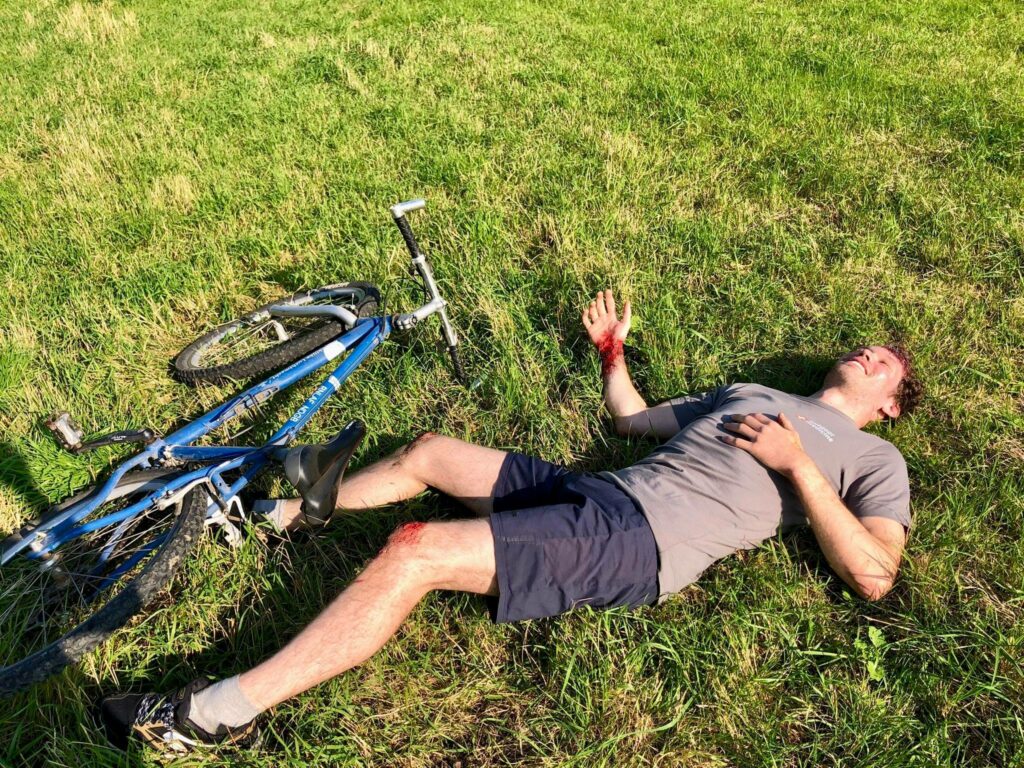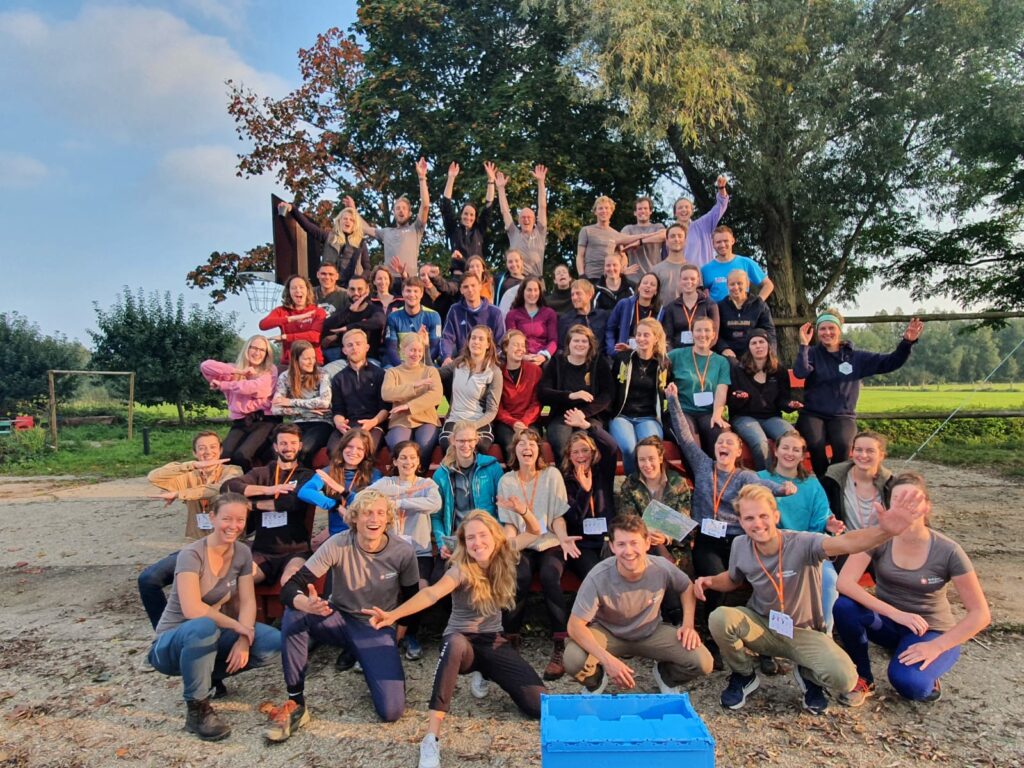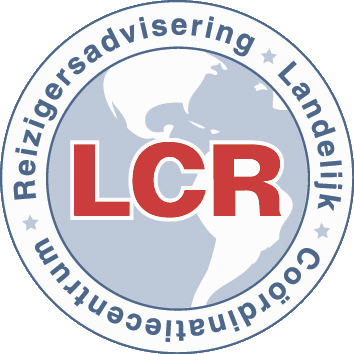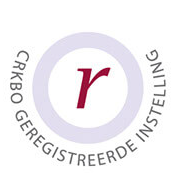Fransje van Hesteren took part in the Student Outdoor Medicine weekend, which took place for the second time this year. She was able to immediately put the knowledge and experience she gained into practice. Read her story here.
I knew exactly what I had to do, on that Saturday afternoon early in autumn. We, my father, aunt, friend, and I, had been cycling on the dike, the sun in our faces and the Rijn meandering on our righthand side. With a raised voice I had been telling my friend about the adventures I have had the weekend before in Buren, just like she had experienced two years ago. It was just a week before, at that exact same time, that I had been practising medical scenario after medical scenario at the Student Outdoor Medicine weekend – my body still working on the adrenalin from the workout in the wet grass that morning in Buren and the refreshing, unavoidable dive in the cold water whilst conquering the obstacle course.

My father had been cycling upfront, had said something to my aunt. Did something at his steering wheel and got distracted. Heard a scream. Looked up. Swerved. Too late. As in slow-motion, I saw how the fence launched him in the air and how he landed with his head and shoulder on the hard asphalt, on the middle of the road. Motionless he lay there. I hurried towards him. In a flash I was back at the weekend before; the letters MARCHH right before my eyes. Action.
Scanning the road: no upcoming cars. Instruct my aunt to watch the road. Dad opens his eyes when I speak to him. Okay, AVPU-V. No bleeding, but abrasions and a broken helmet. No headwound. Nothing in his mouth, painful neck. Continuously the same question: ‘Did I hit something, Fransje?’ Clear amnesia. ‘They talk and die’ like a mantra in my head. Tell him I am with him and that he cannot move, that I will do some checks in the meantime. Ask my friend to stabilise his neck. In the R and C no abnormalities. The H. My aunt gives her jacket. Hike or Heli. I call 911, think about the MIST. Ask dad if he can squeeze my hands; if he feels my touch on his legs. The police arrive. I ask for a safety blanket. A flashlight. PEARRL. Okay, no lateralisation (yet). Call mom. Jump in the ambulance. Call my brother, he is on his way to our mother and the hospital. Try to comfort him (or myself?) as much as I can.
‘Is my daughter still here?’, my dad asks for the hundredth time when he comes back from his last scan. A total body scan because an earlier CT spine showed a(n) (in)stable fracture of C4. CT cerebrum fortunately no abnormalities. I quickly grab his hand and look at him with tearful eyes. His meaningful look betrays that he too is with his thoughts back to the argument we had two weeks before. Out of impotence, we had been reacting agitated towards each other because I was again questioning if I at all wanted to finish the last 6 months of my study – again feeling myself succumb to the pressure and losing my creativity. With a hoarse voice, I whisper to him how thankful I am that he’s still here. How thankful I am that I study medicine, that I just had an incredible weekend of learning about first aid outdoors. How meaningful it is to be able to help. Like it was all meant to be. Agreeing, dad squeezes my hand.
One week earlier I had been feeling a similar sort of thankfulness when I participated in the Student Outdoor Medicine weekend. Apart from the fact that the crew* did an incredible job simulating lifelike scenarios (they even imitated a disaster area – including smoke machine and burning body parts), inviting inspiring speakers with resumes beyond compare (later more) and nurturing us with delicious high-fibre food, something else stayed with me the most, their passion. The passion and enthusiasm for their discipline and the willingness to share this with others. The passion that made them (and us) able to still bring a tiring smile to the dancefloor of the matching theme party after a long day outside, just because they all have so much fun in what they do. And believe me, that is contagious.

Because suddenly I didn’t feel like the insecure co-assistant. For the first time, I felt like a co2-assistant (just Google it!) who could accessibly learn from my mistakes, instead of being scared to make one. Mistakes that we would discuss extensively at the bonfire at night, just like other embarrassing but for everyone such recognizable stories from our internships, spread all across the country. Together with continuing to dream about the stories we had heard that day. How we would deal with altitude sickness after hearing the phenomenal talk of Remco Berendsen, if we would be able to persevere a year on Antarctica just like Floris van den Berg did or how we could give Outdoor Medicine meaning in our lives, thankful that Wouter Jetten (co-founder of the organisation) saw the beauty of it too.
For the first time, I could even enjoy the time pressure, because our team was so determined to win the MedWAR whilst we tried to figure out the right direction with the compass in our hands. But above all: for the first time in ages, I not only felt my heart beating because of the adrenalin but also because of my love for medicine.
A day later we could bring my dad plus neck brace happily back home, without any residual damage. And I could easily set my alarm at night for the next day in the hospital, of which I finally knew it wouldn’t be the last – maybe I can deal with pressure after all.

Bedankt Marijn Sinkeldam, Pieter Simons, Marlies Manders, Jacob van Dijk, Marieke van Vessem, Laura Ouwekerk, Tim van Riessen, Merijn Ruhe, Michelle Kruit, Ruben Blommaert, Paul Janssen en chefkoks Jopke Janmaat en Paul Simons!
Written by: Fransje van Hesteren. Fransje is a 6th-year medical student and participated in the SOM weekend 2021. She is still in doubt about a career ad abroad as a tropical doctor or as a general practitioner on her soil. She sees prevention and knowledge transfer as two essential pillars in future (global) healthcare. In her spare time, she likes to make music. She likes sports in the Nijmegen woods. She likes a spontaneous adventure in an unknown environment. She likes to get to know other cultures in (language) courses, travel or a buddy to buddy project.




